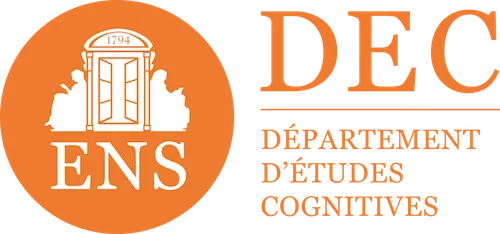

Feeling of self-efficacy: a scientifically validated tool for optimizing training
Your learners' sense of self-efficacy can strongly influence their success in training. This concept, theorized by Albert Bandura and validated by more than 40 years of empirical research, is a major strategic lever for companies that want to maximize the impact of their training by relying on cognitive sciences.
The theoretical foundations of self-efficacy according to Bandura
Self-efficacy (also called “feeling of personal effectiveness” or “perceived personal effectiveness”) is the belief that an individual has in their own potential for success, and this, regardless of its objective abilities (Bandura, 1977). The feeling of self-efficacy is different from “self-confidence” because the latter is a global and non-specific concept, while the feeling of self-efficacy always refers to specific abilities in specific contexts. A person can thus have a high self-efficacy in mathematics while having a low self-efficacy in foreign languages.
Bandura identifies four main sources that fuel a sense of personal effectiveness.
- Les master's experiences represent the most powerful source: personal successes directly reinforce the belief in one's abilities, while repeated failures weaken it.
- Les vicarious experiences, or observational learning, allow you to develop a sense of self-efficacy, when you observe other people succeed thanks to their efforts.
- La verbal persuasion, including encouragement and constructive feedback, also plays an important supporting role.
- Finally, the physiological and emotional states influence self-efficacy according to the individual's interpretation of it; for example, anxiety can be perceived as a signal of incompetence or as a normal activation in the face of a challenge.
Practical applications for EdTech and online training
The transposition of these theoretical principles into concrete pedagogical strategies for online learning platforms reveals remarkable opportunities.
For example, the design of adaptive progressions represents a direct application of the principle of master's experiences in segmenting learning into achievable steps, in order to guarantee regular and visible successes for the learner.
Les optimized feedback, for their part, they are a particularly powerful lever in digital training. Research in cognitive science shows that timing (ideally immediate), specificity (focus on progress toward goals), and orientation (effort and strategies rather than innate abilities) determine the impact on self-efficacy. Intelligent automation makes it possible to personalize this feedback on a large scale: we can imagine adaptive algorithms that adjust the tone and content according to the learner's profile, combining textual, audio and visual elements to maximize impact.
La vicariant modeling finds innovative applications in digital technology. Avatars and virtual agents can thus demonstrate problem-solving strategies, while interactive videos allow the observation of peers or experts in successful situations.
The French context: adaptations and opportunities
The French vocational training system, with its specific mechanisms (CPF, OPCO, Qualiopi certification), offers a structured framework for the integration of these principles. The 11 sectoral OPCOs fund quality training, which increasingly integrates the contributions of cognitive sciences. In addition, taking into account the feeling of self-effectiveness when designing training courses can be beneficial for compliance with indicators 12 (commitment of beneficiaries) and 14 (engaging materials) of the Qualiopi certification.
Concrete applications are also emerging in various sectors. In terms of the training of health professionals, the Institutes of Nursing Education (IFSI) have conducted action research on collective self-efficacy involving more than 100 participants. In education, the COVID crisis has accelerated research on self-efficacy for online teaching.
Towards training enhanced by cognitive sciences
Self-efficiency represents a scientifically validated operational lever for transforming the effectiveness of training systems. Empirical evidence converges on a clear observation: investing in the development of learners' self-efficacy generates measurable returns both on learning performance and on commitment and perseverance.
For Didask, the systematic integration of these principles into instructional design represents a major opportunity for differentiation. By combining personalized feedback, structured mastery experiences, and digital vicarious modeling, EdTech platforms can create learning environments that not only impart knowledge but develop the very ability to learn. The future of vocational training lies in this synergy between cognitive science, technology and educational design, where self-efficacy plays a central role in the transformation of skills.
Make an appointment directly with our eLearning experts for a demo or simply more information.













